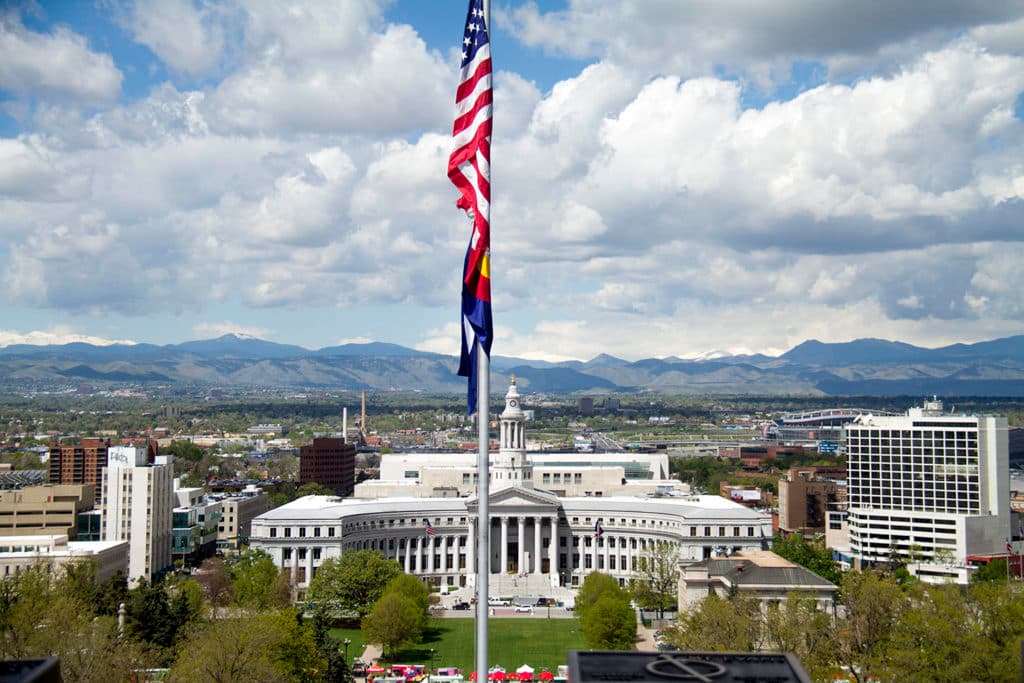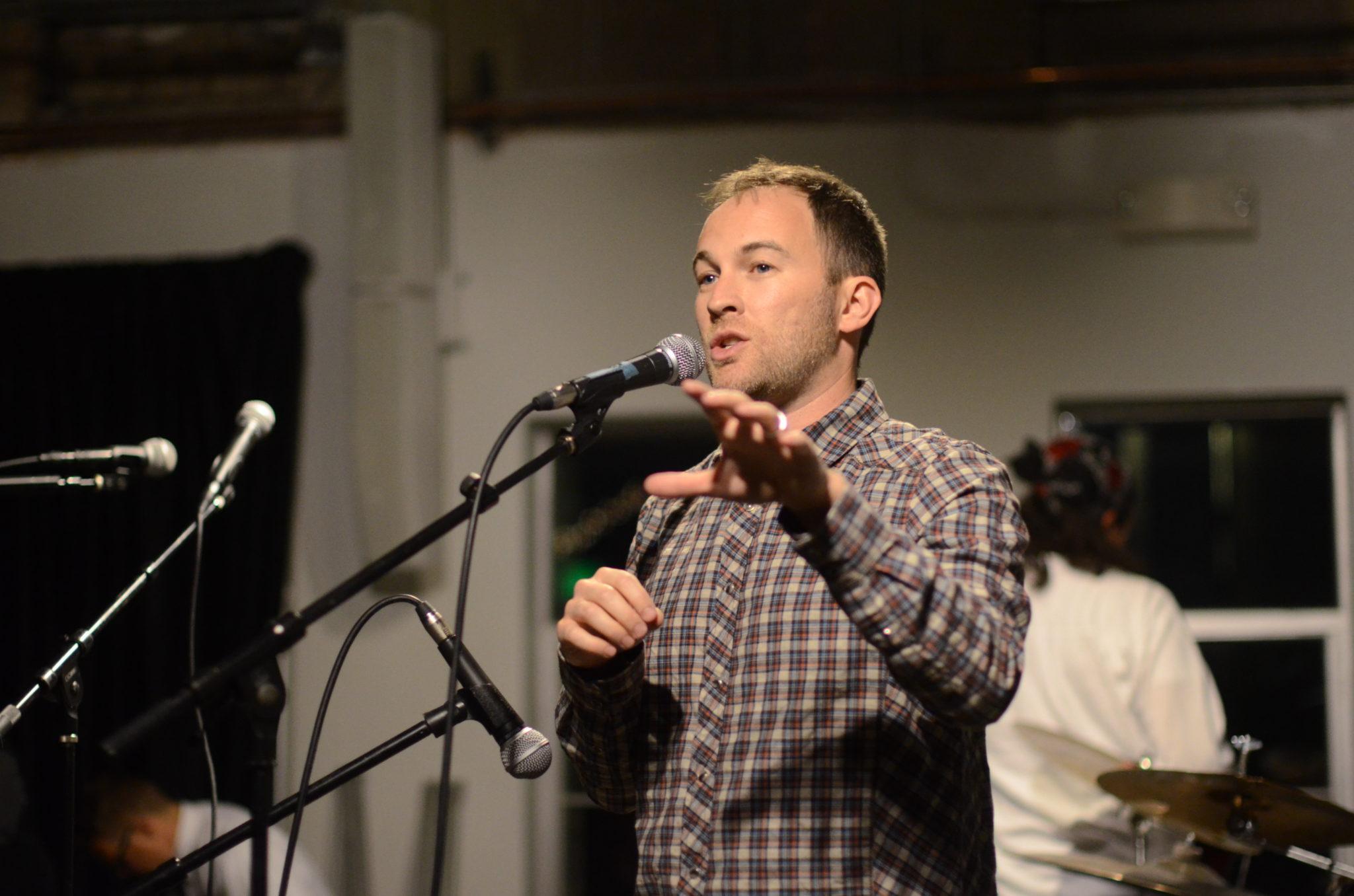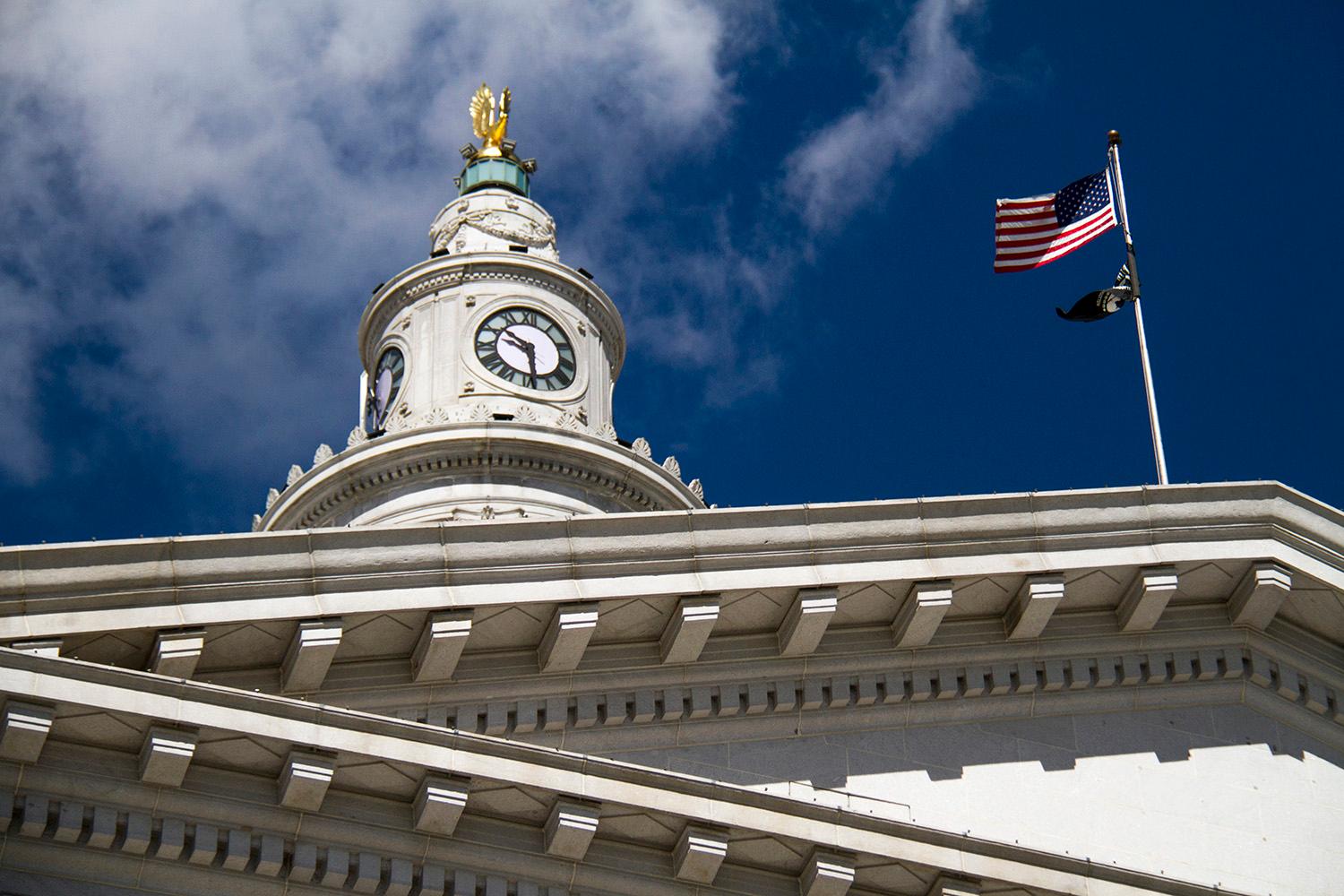Denverite invites thoughtful people to submit op-eds about Denver. In the One Big, Crazy Denver Idea series, we ask for ideas that are so logistically out-there that they're incredibly unlikely to happen -- but that makes room for interesting conversations about values and priorities.

By Evan Weissman
For some parts of the city, the changes of the last few decades have been bountiful. For other neighborhoods, that time has been marred by displacement and marginalization.
How can we make our decision-making process just, equitable and empowering for those most affected by these decisions?
Here is a possible solution (or a first step): The residents of the city of Denver should decide how the city budget is spent. That seems reasonable, doesn’t it? If we are even to pretend to want a democracy, this should be a starting place. To be even more specific, I think that residents of neighborhoods should decide how money is spent in their neighborhoods.
Different cultures and neighborhoods may very well place different values on community assets. I imagine that folks who live near all the wonderful Vietnamese, Chinese, and Mexican restaurants on South Federal see “development” in a different way than folks in residential areas like Montbello or Virginia Village. However, these differences should be celebrated while also being equitable. Preserving diversity while embracing change is very difficult and it’s very necessary. The question is how?
Here's the current system.
Denver has a “strong mayor” system wherein the mayor creates the city budget. The mayor essentially says to his department heads, “You are well-trained and have experience. Let me know what needs you have and what requests you have for funding. I trust you will do the best you can.” And then there are tugs and pulls from different interest groups, and a budget is born.
I have no doubts that every member of his administration works as hard as they can to create a budget that is as fair and reasonable as possible. On its face, this system makes complete sense: People are busy working and raising families and perhaps don’t have time for these often technical matters. What’s more, the intricacies of budgeting for sanitation or maintenance of institutional buildings and roadways are likely very complicated. So, it makes sense to have experts weigh in on these decisions.
On a deeper level, however, this system has a poisonous implication: that regular folks are too dumb to understand budgets and they don’t really care to make these decisions. And I say to that implication — “Go hang out in a sports bar!”
I watch sports, often at bars, always with "dudes." "Dude" is a non-gendered subset species of human being that knows everything there is to know about sports: Where each player went to college, what the coach’s personality is like, what kind of defense is being run, what happened the last time a player was in this situation, how the player is feeling that day, the percentage chance the player will score, and on and on and on. You know these dudes. Perhaps you are a dude yourself? If you want to see passionate and evidence-based argument in our world today, go to a sports bar.
All of this information takes time, and brain power, and passion. I assure you that if we unleashed sports dudes onto the budgeting process, giving access to historical data as well as a chance to learn from technical experts, they’d get it. Quickly. And these are just the sports dudes. There are music nerds and sci-fi geeks and shopping addicts, and pretty much everyone who has a hobby or interest knows what it’s like to put time and energy into learning and creating. The difference between these hobbies and a city budget is that a city budget is made to seem difficult, disconnected from our lives and boring as hell.
Here's what we could do instead.
For this article, I’m not going to address how to make budgets less boring or more meaningful for everyday folks (though I have some ideas!). I want to describe how a more participatory budgeting system would look.
Residents from each neighborhood in the city would gather for a few days (paid, like jury duty, and with childcare available) and discuss what they want. This includes having the experts come and talk about the needs for proper sanitation and electricity, etc. Residents would come up with a list of priorities, knowing full well that things on the bottom of the list will not get funded. There will be pitches, and disagreements, and passions, and boredom. Once these neighborhood assemblies decide on their priorities, they will elect representatives to the intra-city assembly where the process begins again for things that concern the entire city (highways, jails, transportation systems, etc). How will the money be dispersed? The more participation your neighborhood has, the more of a say you have.
Why is this a better system?
If my neighborhood decides to not put any money into our sewer system and we suddenly have poop flowing in the streets, we would remedy our mistake. There isn’t an ego or competing interests involved. We screwed up but we all want the poop gone. Our current system is what creates inequity in our neighborhoods because the budgeting process relies on connections and influence in informal, backroom settings. This participatory budgeting system merely builds on the system we have. No one is losing any opportunity to participate — it is only expanding who has a voice in the process. Additionally, you get more civic participation, build stronger community leaders, build more of a sense of ownership of the city from residents, and most importantly, a better and more responsive budget.

Evan Weissman is an artist and activist and the founding executive director of Warm Cookies of the Revolution, the world's first civic health club. He was formerly a member of Buntport Theater Company for more than a decade.
The next Warm Cookies event is the The People vs. Capitalism, Dec. 16, 6-8 p.m. at the McNichols Building. It's part of a series of events, during which "We the People hear a prosecution and defense of things we hold dear in our society, and decide who wins the trial. Voting, Police, God, Children, and now Capitalism."
Denverite invites thoughtful people to submit op-eds about Denver. In the One Big, Crazy Denver Idea series, we ask for ideas that are so logistically out-there that they're incredibly unlikely to happen -- but that make room for interesting conversations about values and priorities. Pitch us at [email protected].












